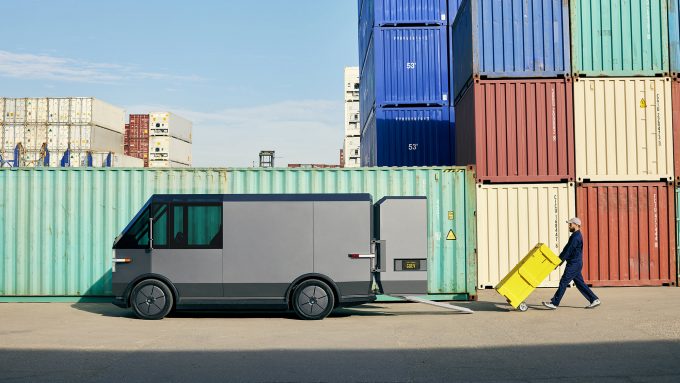Italy seizes $51m from Rhenus, investigates FedEx, Amazon, GLS & DHL in labour supply probe
Reuters reports that Italian tax police have seized €43.5m ($51m) from the local unit of ...

A nascent coalition of final-mile providers to the parcel sector is aiming to change the landscape in the US as a nationwide alternative to the integrated carriers.
The Frontdoor Collective is a network of franchised final-mile operators with common service standards offering same-day and next-day services.
And ...

Comment on this article